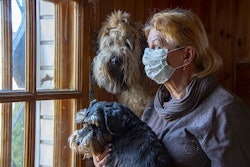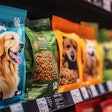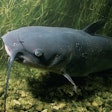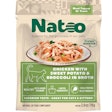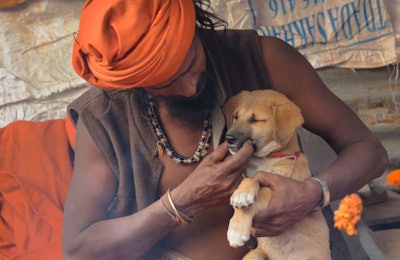
The Animal Welfare Board of India has declared feeding companion and stray animals to be an essential service, especially during a nationwide lockdown to keep the COVID-19 pandemic at bay.
India imposed a lockdown on March 24, 2020 which ended on May 31 after being extended four times. It is by far the world's largest lockdown, affecting 1.3 billion people and some 39 million pets and 35 million homeless dogs, which the locals call “Indies.”
What is being done to help stray animals?
The Board has asked cities to give special “feeder passes” to individuals and animal welfare groups to feed street animals who are in danger of starving, especially during a lockdown. In its advisory, the Board suggested that animal feeders be allotted time to provide food and water for street animals.
By recognizing animal welfare advocates' work as essential, the government agency not only gives them permission to be outside to carry out their mission during lockdown, but also protection from those who are against the feeding of stray animals and are inclined to disrupt the volunteers' work.
India has millions of stray dogs that co-exist with other types of free-roaming animals such as birds, monkeys and cattle. Locked out from their usual food sources — roadside food stalls and markets — these animals face imminent starvation while India is on lockdown.
To date reports from animal welfare groups have been encouraging, with the public showing leniency to the animals and supporting the feeders by contributing food. But because of misguided fears that animals can transmit COVID-19 to humans, the feeders have also reported an increase in abandoned pets. In a circular to all states and union territories, the Animal Welfare Board said, “the World Health Organization (WHO) has clarified that dogs and cats are not involved in spreading infection in the current episode of coronavirus infection.”
WHO official statement on COVID-19 and household pets
“Several dogs and cats (domestic cats and a tiger) in contact with infected humans have tested positive for COVID-19. In addition, ferrets appear to be susceptible to the infection. In experimental conditions, both cats and ferrets were able to transmit infection to other animals of the same species, but there is no evidence that these animals can transmit the disease to human and play a role in spreading COVID-19. COVID-19 is mainly spread through droplets produced when an infected person coughs, sneezes or speaks.
“It is still recommended that people who are sick with COVID-19 and people who are at risk limit contact with companion and other animals. When handling and caring for animals, basic hygiene measures should always be implemented. This includes hand washing after handling animals, their food or supplies, as well as avoiding kissing, licking or sharing food.”
India's animal board also issued another advisory for the urgent evacuation of animals from shuttered pet shops. These same shops cannot currently sell pet food, causing supply shortage in some Indian cities. Even big companies like Mars Pet Nutrition India have reported disruptions in the arrival of its imports from source countries that are also affected by the global health crisis.
Pre-pandemic pet food industry statistics
Before the pandemic, India's pet food industry was projected to grow in 2020 by at least 14% to reach US$430 million in value. Of the 39 million pets in India, 20 million are pet dogs that consume about US$168 million worth of pet food a year. The other 19 million pets are cats, birds, reptiles and exotic pets.





